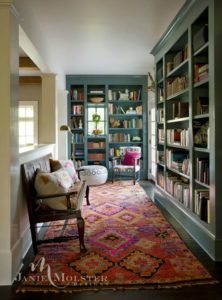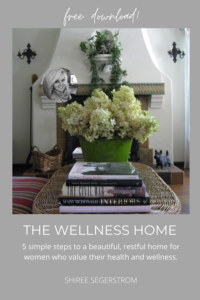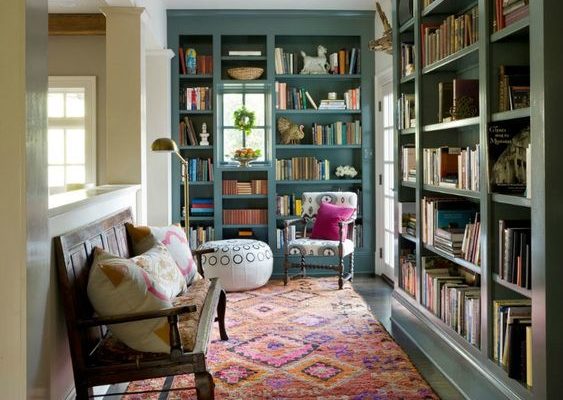Planning Your Next Home Project
joy of nesting
Planning Your Next Home Project
Planning your home is fun and satisfying. A well-thought-out plan can save you time, money, and stress and deliver better results than completely ‘off the cuff’ designing. Here are the main keys to planning your next home project.

Choosing the Room and Project
Start by identifying which room or rooms need the most attention.
Consider functionality, yes but especially look at wear and tear. The place to start is almost always things that are worn out.
When choosing the room and project, think about how often the room is used. Rather than starting with a spare bedroom, I like to first prioritize the living/family room, dining room and entry as one priority; the kitchen ties for the next priority, so choose the kitchen OR the living room, dining room and entry; and the primary bedroom and bath as the third.
All the rest come after these first areas are done.
Set 3 to no more than 5 goals. Having uber clear expectations and sticking to them will keep you out of the weeds.
Home Project Ideas to Get You Started
Expanding your space/s.
Living room, dining room and entry furniture.
Windows and doors.
Paint throughout.
Flooring.
Fixtures, lighting, doorknobs, pulls, etc.
Window treatments.
Built ins.
Redesigned fireplace.
Appliances.
Remodeled kitchen.
Remodeled bathrooms.
Prioritize them based on one, urgency and two, their impact on your daily life.
Designing Your Space
Gather inspiration from platforms like Pinterest to create a vision board.
If your budget allows, consider hiring a professional designer to help with the planning. Sketch out a basic layout of your new space, considering the placement of furniture, fixtures, and appliances.
Choosing Colors and Finishes
Start with a color scheme by choosing a base color and two to three complementary colors.
Consider the mood you want to create in the room. Paint small sections of your walls with sample colors to see how they look in different lighting. Decide on finishes for walls, floors, and fixtures.
Matte finishes can hide imperfections, while glossy finishes are easier to clean.
I love Farrow and Ball paints and always feel confident that their formulations are beautiful and pigment content exceptional. But Dunn-Edwards and Benjamin Moore have some excellent colors and pigment content without the super steep price tag.
Planning the Timeline
Create a schedule by breaking down the project into phases and setting realistic deadlines for each phase.
Ensure that workrooms and/or contractors are aware of the timeline and any dependencies between tasks. Regularly check in on the progress and adjust the schedule as needed.
Execution and Follow-Up
Stay organized by keeping all receipts, contracts, and warranties in one place.
Maintain open communication with your contractors and address any issues promptly. Once the project is complete, do a thorough inspection to ensure everything meets your expectations.
Planning leads to successful home improvement projects. Using the tips above you can start planning your next project with confidence.
Download Your Free Gift
To get started on a home where you feel healthy, happy and connected grab my complimentary design and wellness download, The Wellness Home.
It’s the prettiest little book. It’s a quick read with super easy design solutions that help you lead a beautiful, healthier lifestyle at home, plus my 3-to-5 Things Framework that gives you step by step actions to get started and stay on track.
That’s it for today. Thank you for stopping by!
Shiree’
What is Wellness Design? Learn more about the connection between your wellbeing and your home, featured on Deirdre Fitzpatrick’s Dying to Ask Podcast. And if you’d like to dive deeper into this topic, check out my blog post, “Hiring an Interior Designer”.

